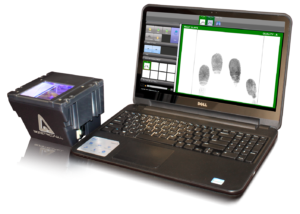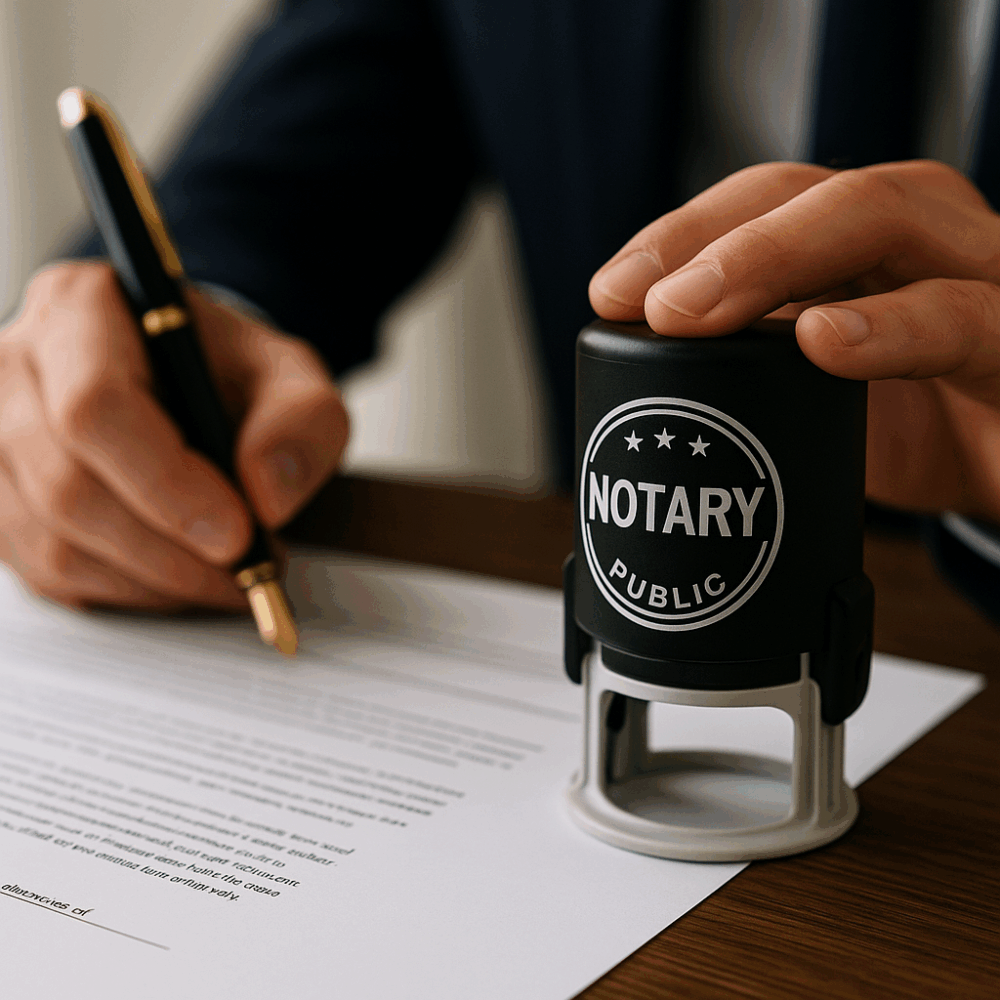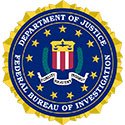When you’re preparing to undergo a background check in California—whether for a job, volunteer role, professional license, or adoption—it’s important to understand exactly how much of your personal history will be reviewed. One common question is: How far back does a Live Scan background check go in California? The answer depends on several factors, including the type of agency requesting the report and the purpose of the background check.
What Is a Live Scan Background Check?
Live Scan is an electronic fingerprinting process used to check an individual’s criminal history. The fingerprints are sent to the California Department of Justice (DOJ), and in some cases, to the FBI. The requesting agency—whether it’s an employer, licensing board, or law enforcement agency—receives a report based on the results.
Live Scan checks can reveal a wide range of information, including:
- Arrests
- Convictions
- Court dispositions
- Warrants
- Sex offender registration
- Probation or parole status
But the question of how far back this information goes isn’t one-size-fits-all.
The Seven-Year Rule: Myth or Fact?
Many people believe there is a seven-year limit on how far back a background check can go. In California, this is partly true—but only for certain private employers.
According to the California Investigative Consumer Reporting Agencies Act (ICRAA), non-government employers are generally restricted from considering non-conviction records or convictions older than seven years when hiring. This rule applies to jobs that pay less than $75,000 per year.
However, this does not apply to all background checks. Here are several scenarios where the seven-year rule does not apply:
- Positions with annual salaries of $75,000 or more
- Jobs in healthcare, education, childcare, or financial institutions
- Applicants seeking a professional license from a state board
- Government agencies, including law enforcement or correctional departments
What Does the DOJ Report?
The California DOJ has no legal limit on how far back it can go when responding to Live Scan requests for state or government agencies. In these cases, the DOJ often provides a complete criminal history, which may include records from decades ago—even if they’ve been expunged or dismissed, depending on the nature of the role.
If the requesting agency is a private employer not exempt from the ICRAA, the DOJ will typically filter the results based on the permissible time frame.
What About Federal Checks?
If your fingerprints are also sent to the FBI, the federal database has access to national records and may provide more extensive history. However, what’s included in the final report depends on the agency requesting it and the legal limits applicable to that industry or job.
What Live Scan Doesn’t Show
It’s also important to note what Live Scan doesn’t report:
- Juvenile records, in most cases
- Expunged records, unless the requesting agency qualifies for full disclosure
- Arrests without convictions, unless required for law enforcement or licensing boards
If you’re not sure what your Live Scan might reveal, it may be wise to request a personal copy of your DOJ record. California allows individuals to review their criminal history by submitting a special Live Scan request for personal use.
Need a Reliable Live Scan Service?
For fast, accurate fingerprinting and knowledgeable staff who can answer all your questions, consider visiting Newport Beach livescan. Whether you’re applying for a job, a license, or volunteering, their experienced team ensures you get high-quality service with minimal wait times. Walk-ins and appointments are available for your convenience.
Final Thoughts
So, how far back does a Live Scan go in California? The real answer is: it depends. If you’re applying for a government position, seeking a professional license, or working in a sensitive field, your entire criminal history may be disclosed—even decades-old convictions. If you’re applying for a private job in a non-regulated industry, your record may only go back seven years, especially if the salary is under $75,000.
The best way to prepare is to understand the purpose of your background check, know who’s requesting it, and work with a trusted Live Scan provider to ensure your fingerprints are submitted accurately.





